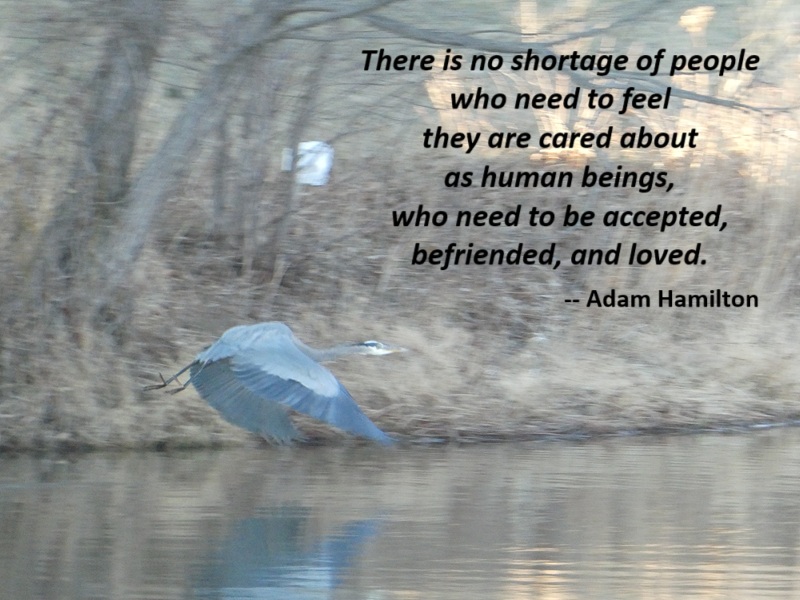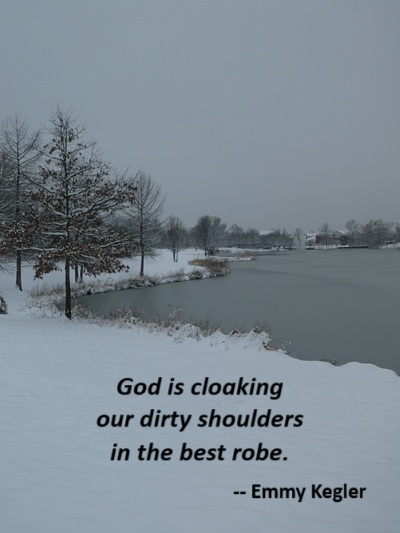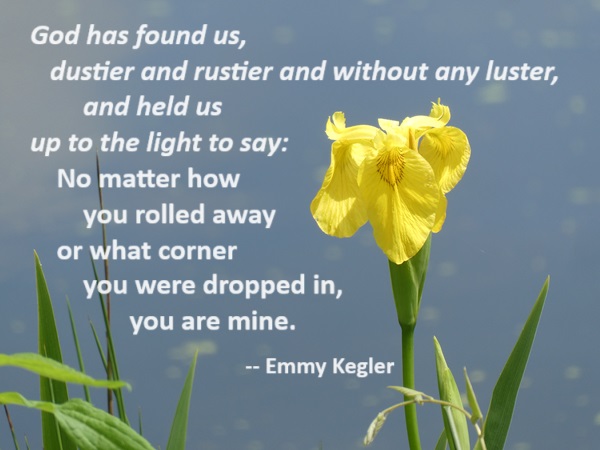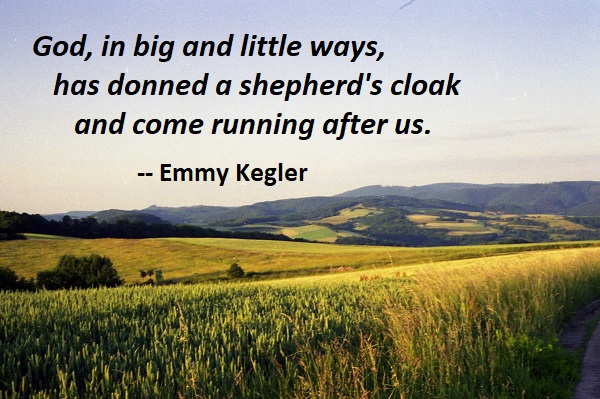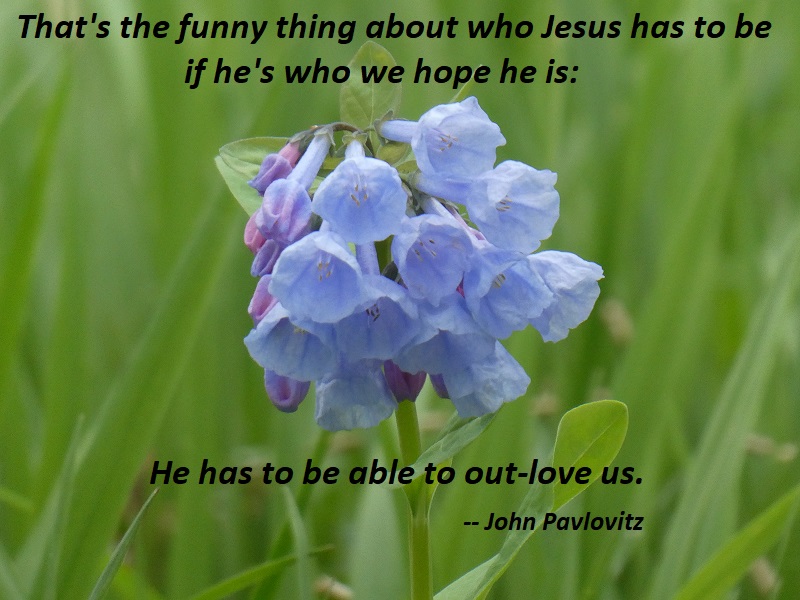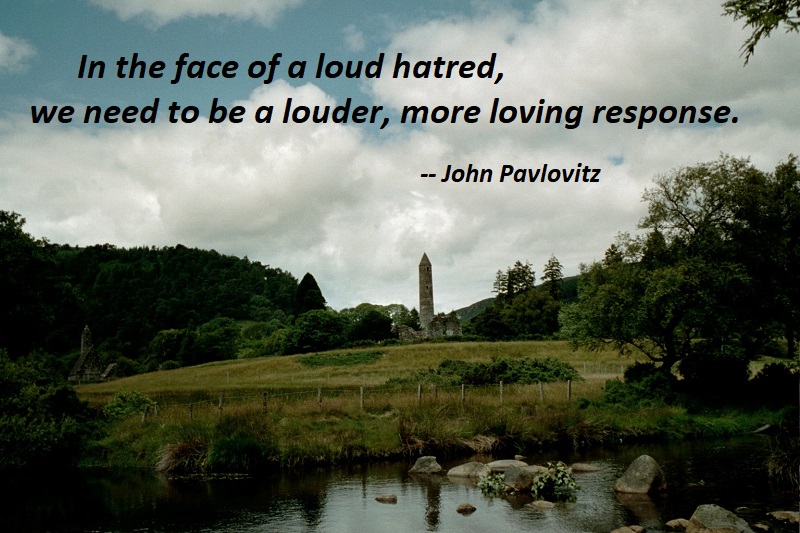If God Can
We sing, Holy, Holy, Holy. We say, “Yes, yes, it is good.” We are energized by what we see. And our private darkness is no great surprise. Who cares? Who cares where I am on the ladder of perfection? That’s an egocentric question. “Where am I?” “How holy am I?” become silly questions. If God can receive me, who am I to not receive myself – warts and all?
–Richard Rohr, Everything Belongs, p. 105
Photo: Buds and blue sky, South Riding, Virginia, March 21, 2025

